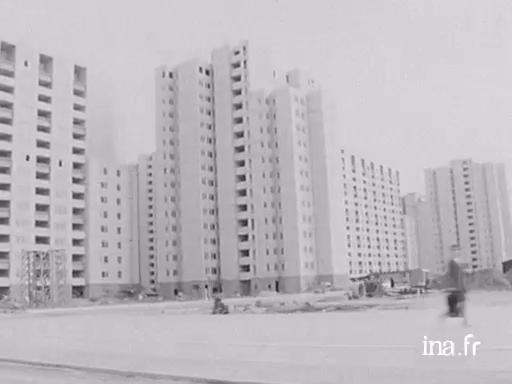Oswald Mathias Ungers, town planner

Information
Conversation with German architect Oswald Mathias Ungers on contemporary town planning.
Context
Born in Kaisersech in 1926, Oswald Mathias Ungers studied at the Technische Hochscule in Karlsruhe in the large workshop of the theoretician Egon Eiermann. From 1952 he set up his agency in Cologne and built his first great housing projects, vast quarters to house the thousands of new arrivals. A figurehead of German rationalism, instilled with Italian classicism, taught by Vitruve and Palladio. His romantic aspiration for the sublime led him to recompose the cubic forms: circle, square, sphere, arc, rectangle in order to create clear spaces that touch on the essence of architecture. He denied context to affirm an absolute abstraction that made no concessions. In 1964, the Markisches Viertel sky scraping housing emerged in Berlin under fire from critics.
His years in the United States, from 1968 to 1976 were dedicated to theory and teaching, notably as a professor at Cornell University. Back in Germany he designed several museums, like the Museum of German Architecture in Frankfurt, the extension of the Hamburg Kunsthalle and the rehabilitation of the Pergame Museum which will be completed in 2010. HisHouse without qualitiesbuilt for his family in 1994 is one of his major private works.




